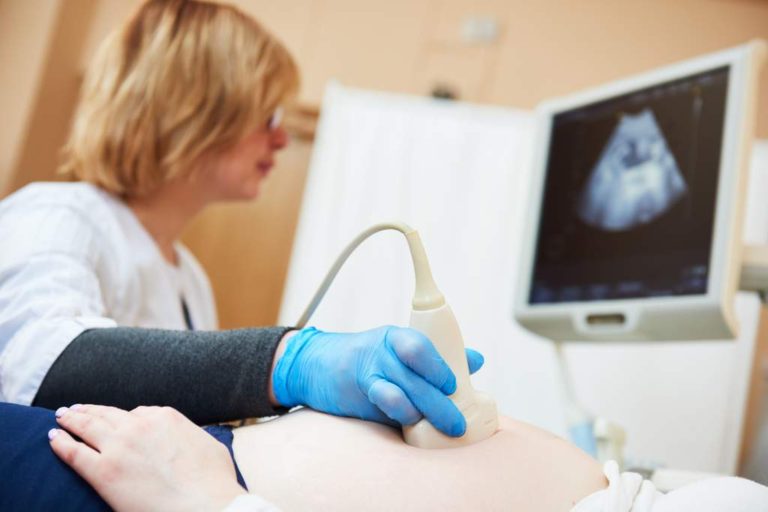

If you have already had either the nuchal scan or integrated test and have received a high risk result you may consider this test to obtain a more accurate second opinion. The appointment includes an accurate dating scan and blood test with the results of the test within 7 working days. Because the test is non-invasive it cannot harm you nor your baby. The Ariosa Harmony web site has further information: non-Invasive Prenatal Testing (Harmony Test) is a safe, non-invasive test that measures fetal cells present in the mother's blood to produce a 99% accurate Down Syndrome screening result and fetal sex (if requested). At the moment we are advised that the turnaround time is 7 – 10 working days. The test is sent to London for processing. How long will I have to wait for results? Samples from pregnant women with twins naturally conceived, or those conceived using the patient’s own egg, are also accepted. The test can also be done for all IVF singleton pregnancies, including those with egg donors. The Ariosa Harmony test in Cork – Prenatal Test can be done by the GP for women with pregnancies of at least 10 weeks’ gestational age. AccuracyĬlinical studies have shown that the Ariosa Harmony test Cork TM Prenatal Test has up to 99% accuracy for assessing fetal trisomy risk. The pregnancy is not put at risk of miscarriage or any other adverse outcomes that are associated with invasive testing procedures such as amniocentesis. This test is non-invasive as it involves taking a blood sample from the mother only. This option is not available for twin pregnancies.

If the mother is interested in having this optional testing, she should talk with her healthcare provider to determine if it is right for her. There is significant variability in the severity of these conditions, but most individuals have mild, if any, physical or behavioural features. The Harmony with X, Y test can assess risk for XXX, XYY, XXYY, XXY (Klinefelter syndrome), and a missing X chromosome in a girl (Turner syndrome). X and Y chromosome conditions occur when there is a missing, extra, or incomplete copy of one of the sex chromosomes. The sex chromosomes (X and Y) determine whether we are male or female. Most affected individuals die before or soon after birth, and very few survive beyond the first year of life. These babies are born with severe brain abnormalities and often have congenital heart defects as well as other birth defects. Trisomy 18 (Edwards syndrome) and Trisomy 13 (Patau syndrome) are associated with a high rate of miscarriage.Also called Down syndrome, it is associated with moderate to severe intellectual disabilities and may also lead to digestive disease, congenital heart defects and other malformations. Trisomy 21 is the most common trisomy at the time of birth.The test looks to detect the following trisomies: This occurs when there are three copies of a particular chromosome instead of the expected two. Cell-free DNA (cfDNA) results from the natural breakdown of fetal cells (presumed to be mostly placental) and clears from the maternal system within hours of giving birth.ĭuring a pregnancy, cfDNA can be tested to give the most accurate screening approach in estimating the risk of a fetus having a common chromosome condition sometimes called a trisomy. DNA from the fetus circulates in the mother’s blood.


 0 kommentar(er)
0 kommentar(er)
